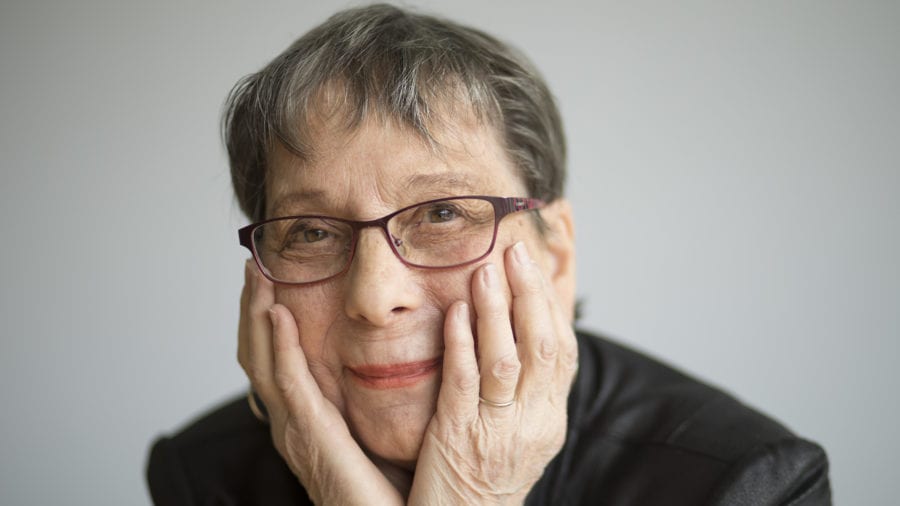Elizabeth Hazen Shares Her Tsundoku (Poetry books to Read)
In a new blog post, Elizabeth Hazen shares her tsundoku. Tsundoku is a Japanese word meaning "Acquiring reading materials but letting them pile up in one's home without reading them."

For Christmas, which seems like three lifetimes ago, my parents gave my husband a book of interesting words from around the world*. An engineer who has a soft spot for spoonerisms, puns, and wordplay in every form, he found instant delight in this book. Did you know that Germans have a word for the weight we gain from stress-eating? Kummerspeck. Or that the Scots have a word for that awkward pause when you’ve forgotten the name of the person you’re introducing? Tartle. Among my favorites are the whimsical Swedish smultronställe, a place of wild strawberries; the romantic Italian dormiveglia, the space between sleeping and waking; and the essential Japanese tsundoku, that pile of unread books on my bedside table that grows with each passing month.
Needless to say, I took that book of words from my husband, adding one more to my stack...
Featured Audio: Rose Solari reads “The Beginning, 1939”
In “The Beginning, 1939” Rose Solari’s mastery of recitation is put to the music of her capricious mother and the frantic hopes of her father who wishes to leave “no long, tight pauses for her to fill.” I’ve written before about Rose’s use of swing and rhythmic motifs in her work, elements which are alive in this poem, but what is really mesmerizing to me about “1939” is the musical image toward the end which harbors no pretense of cramming lieder into language, but instead focuses on the very physical act of her mother playing the piano:
Mikaela Lefrak Examines the Life of Maryland Poet Laureate, Grace Cavalieri
The beloved Grace Cavalieri “contains multitudes” according to Mikaela Lefrak in her newest article from WAMU taking a look at the life and career of the 10th Poet Laureate. And Ms. Lefrak treats her subject with the due respect of a life which cannot be covered succinctly in 500 words. She delivers a reverent tourists’ view of Grace Cavalieri’s life, hitting the big things: her poetry and work ethic, the passing of her husband, Kenneth Flynn, her conversion to Buddhism, and finally her new tenure as Poet Laureate.
Listen to Grace Cavalieri on the Kojo Nnamdi Show
Grace Cavalieri’s recent stop at NPR’s The Kojo Nnamdi show is now streamable. Over a substantive 22 minutes, listen to Grace talk about poetry, inspiration, and her plans as the 10th Maryland Poet Laureate.

